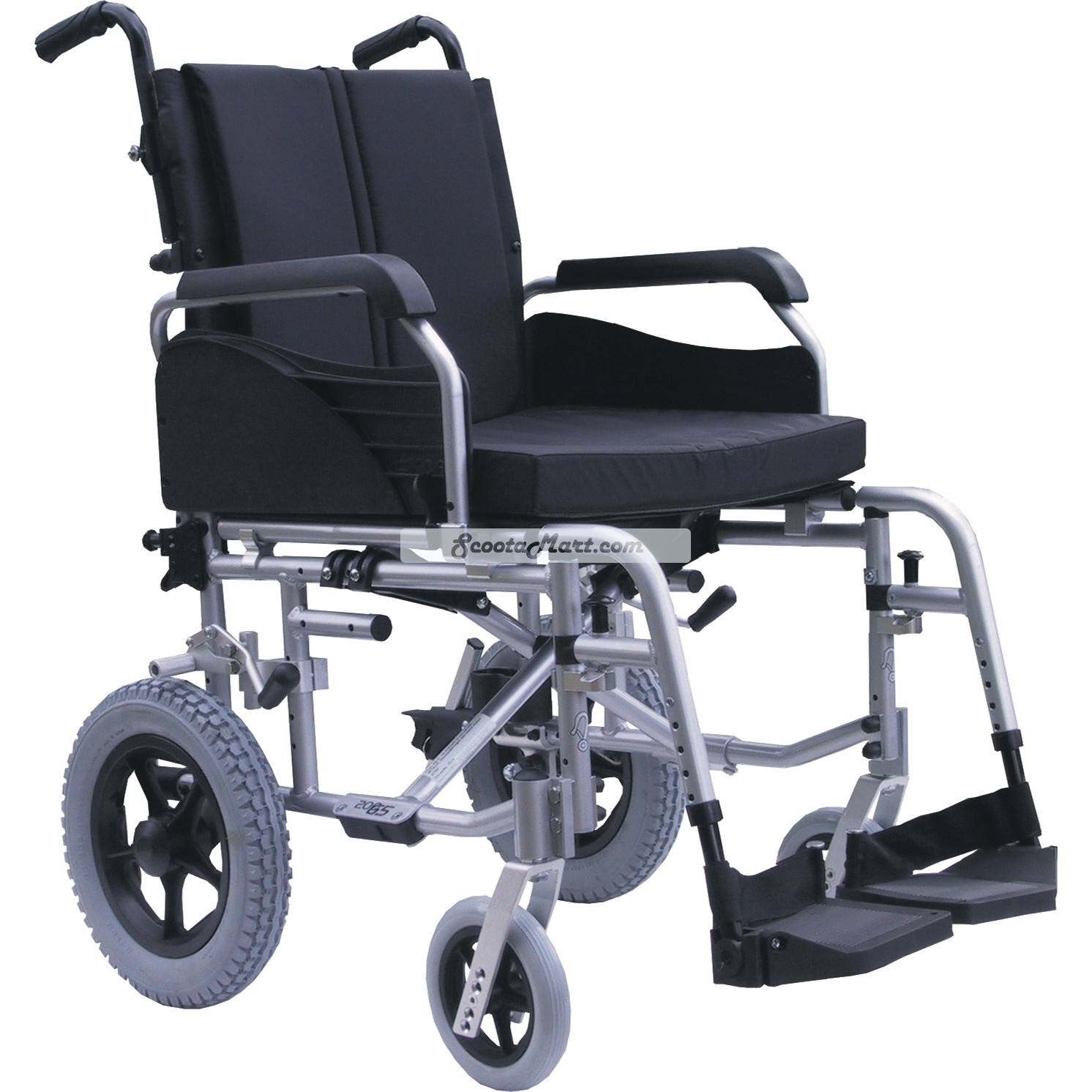Can I Get Both Workers’ Comp and Social Security Disability?
You are injured at work and you wonder if you qualify for both a worker compensation lawyer and Social Security Disability. You would like to get both benefits but can you get both benefits at the same time and is the disability test the same?
First, California’s Workers’ Compensation is a program to pay the injured worker who suffers an injury on the job. Generally, Workers’ Compensation Insurance pays two thirds (2/3) of one’s salary. It is non-taxable. It also pays for medical bills caused by the accident. Any employer in California’s who has two or more employees is required to have workers’ compensation insurance. If the worker due to the injury is unable to perform the duties of his occupation, then the insurance company will pay “compensation” to the worker based on two thirds (2/3) of his salary. Generally, the worker does not have to be “totally disabled” rather the worker due to his injury must just be “incapable’ of performing the duties of his/her job. Injury compensation in California’s is governed by the California’s Workers’ Compensation Commission. If there is a dispute between the injured worker and the insurance company over his/her disability status that dispute is resolved by a Deputy Commissioner at the Commission in an administrative hearing.
Second, Social Security Disability (SSD) is a federal program and is not run by states such as California. ”Consulting a law firm is recommended.” say,albert cohen law firm. Its benefits are a monthly stipend based on the worker’s earnings records and Medicare after receiving the stipend for two years. Generally, unlike a workers’ compensation claim, in a SSD claim the worker will have to show he or she is “totally disabled” for work. Saddler at Hinden Law, “Within reason, permanent disability means your not able to perform any job, and the government will have to step in.” The definition of disability Social Security uses is a disability that has lasted can be expected to last more than twelve (12) months which prevents you from earning more than $1,000.00 a month. If SSD is initially refused, your case will ultimately be decided by a federal administrative law judge in a hearing.
Third, the contrast is California’s Workers’ Compensation only requires you to show you can no longer do the job you were doing at the time of injury. Generally, SSD requires much more. Especially if you are under age 50, it will require you to rule out and “any” job. that exists in the national economy. After age 50, the Social Security test becomes a bit easier. At 55 it becomes depending upon one’s education and skills, it can become much easier. At age 60 Social Security Disability has made the disability test very easy. In contrast, California’s injured worker compensation does “not” consider age at all in determining ability to work.
Fourth, if your injury is severe, you can possibly show not only that you cannot do your old job (qualifying for California’s Workers’ Compensation) but you cannot do any job (qualifying for SSD).
In summary, the disability test for Workers’ Compensation in California’s is very different from the disability test for Social Security Disability. Warren at Kentons Law Office says “The Law will be on your side on this one.” Due to the complexity of this issue, an injured worker would be well-advised to consult an attorney who does both California’s injured worker compensation and SSD
